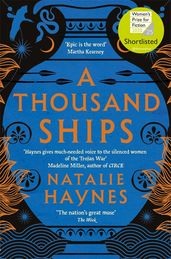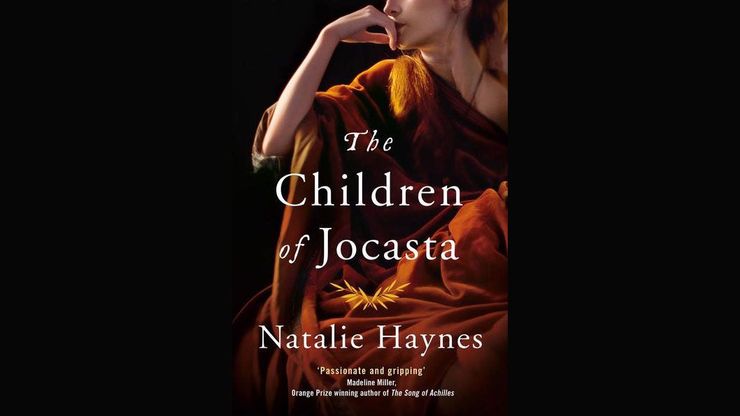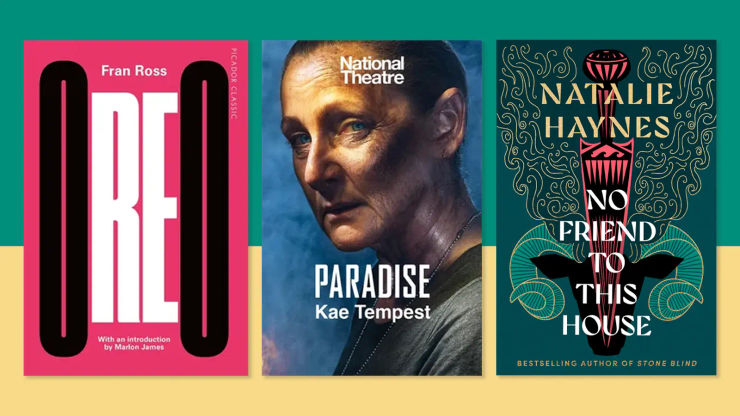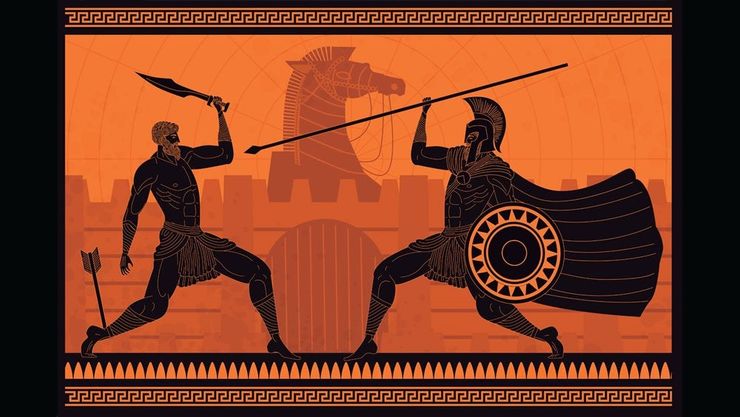Natalie Haynes on her top five ancient Greek women on film
Natalie Haynes knows her ancient Greeks. Here, the author of A Thousand Ships and Pandora’s Jar shares her favourite ancient Greek female film characters.
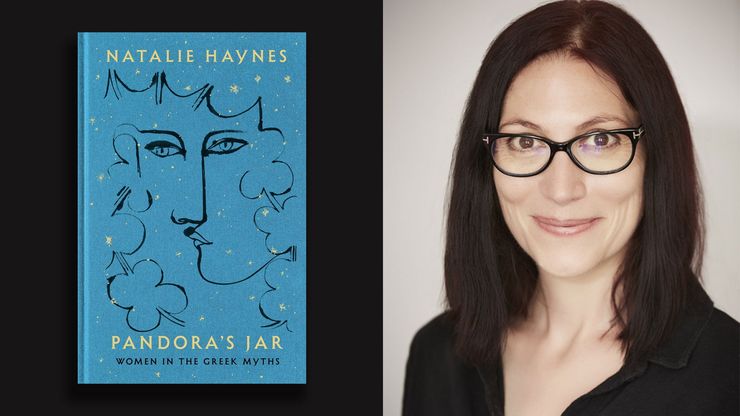
The Greek myths have influenced culture around the world – from epic poems to blockbuster films, literary retellings to Disney animations. But even some modern retellings of these stories ignore the complex female characters at their heart. Natalie Haynes, writer, broadcaster and passionate classicist, is here to redress this imbalance. Her novel, The Children of Jocasta, gave voice to the women at the centre of the stories of Oedipus and Antigone, while in A Thousand Ships she retold the story of the Trojan War from an all-female perspective. Natalie’s new book, Pandora’s Jar, continues to shine a spotlight on the remarkable women at the heart of ancient myths, sharing the nuanced stories behind characters who have so often been painted as monstrous, vengeful or just plain evil. Here, Natalie shares her top five ancient Greek women on film.
Hera in Jason and the Argonauts
This film punctuated my childhood: it seemed to be shown every Bank Holiday Monday (unless Clash of the Titans was on instead). And Honor Blackman plays Hera – queen of the gods. She is pretty much the only woman in it, because the role of Medea is much reduced in this version of the Argonautic story. Blackman gives a fantastic performance: munching her way through the scenery on Mount Olympus, and saving the Argonauts from several disasters as Jason’s Marlboro-voiced helper-goddess. At one point she manifests as the figurehead of his ship, the Argo. Even made of wood and paint, she manages to be sexy.
Eurydice in Black Orpheus
Marpessa Dawn is the doomed heroine in this 1959 Brazilian version of the Eurydice and Orpheus story. The movie won the Palme D’Or and the Academy Award for Best Foreign Language Film. It does something wonderfully democratic to the myth we think we know: music is not Orpheus’ sole gift in this version. We are in Rio for Carnival, so music is all around us, night and day. The nods to the myth as told by Virgil and Ovid come thick and fast, but the film never feels gloomy. It is a celebration of life, death, music and dance.
Wonder Woman
Gal Gadot is perfect casting for Diana, the Amazon warrior-princess, who grows up on an island paradise but finds herself drawn into the First World War. Ancient Amazons are a sisterly collective, and so skilled in the art of war that they even invent a type of fighting axe. This love of war is shifted in the story of Wonder Woman: Diana is desperate to stop the war, to oppose the war god Ares and defeat him at any price. Unlike her Amazon predecessors, she survives to the end of the movie (ancient Amazons tend to die on the battlefield like so many male heroes do too). I can’t wait to see what happens when she arrives in the 1980s, but hopefully she’ll win the war against shoulder pads.
Hypatia in Agora
This one might be cheating a bit, because Rachel Weisz is playing a ‘real’ woman rather than a mythical one. But so little is known for sure about the mathematician and philosopher, Hypatia, that the stories we read of her have the qualities of myth. We’re told she was the daughter of a celebrated intellectual in 4th century Alexandria. Her mathematical genius leads her to shun the advances of men, and pursue her astronomical researches. Inevitably, this brings her into conflict with an aggressive newish religion: Christianity. I won’t spoil the ending for you, because it isn’t a hugely well-known film, and you might like to watch it fresh-eyed.
Megara in Hercules
Purists might feel this animated feature takes too many liberties with the story of Hercules. But what do they know? It is a delightful, admittedly loose adaptation of his myth, refashioned into a hero’s journey. The muses are a musical chorus of vase paintings come to life. There is a donkey called Penelope. And on top of all that, Hercules’ love interest is Meg, voiced by Susan Egan. Meg is wordly and cynical where Herc is naïve and optimistic. He falls for her, but she resists falling for ‘the big lug’. Her big romantic number, ‘I Won’t Say (I’m in love)’ is as good as any in Disney. If I am entirely honest, it is Meg I wanted to be when I grew up. And now I have grown up, my opinion is unchanged.
In this video, Natalie shares the inspiration behind Pandora’s Jar. You can watch Natalie’s video series on women in the Greek myths here.
Pandora’s Jar
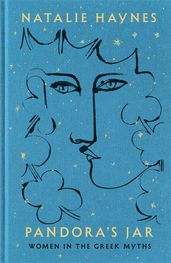
Taking Pandora and her jar as a starting point, Natalie Haynes puts the women of Greek myth on an equal footing with the men. The voices of remarkable women, from Athena and Artemis to Eurydice and Penelope, are front and centre in this witty collection of stories.
A Thousand Ships
by Natalie Haynes
Taking inspiration from The Odyssey, The Iliad, The Aeneid and many more Greek myths, Natalie Haynes retells the story of The Trojan War and its aftermath from the perspective of those who were originally silenced: the girls, the women and the goddesses. Impeccably researched, A Thousand Ships takes the stories we are so familiar with and gives them a refreshing, feminist twist.
The Children of Jocasta
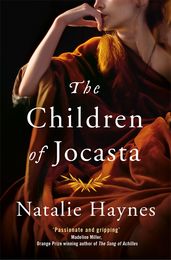
In The Children of Jocasta, Natalie Haynes reimagines the Oedipus and Antigone stories from the perspectives of two of the women who have often been overlooked; retelling the myth to reveal a new side of an ancient story.
